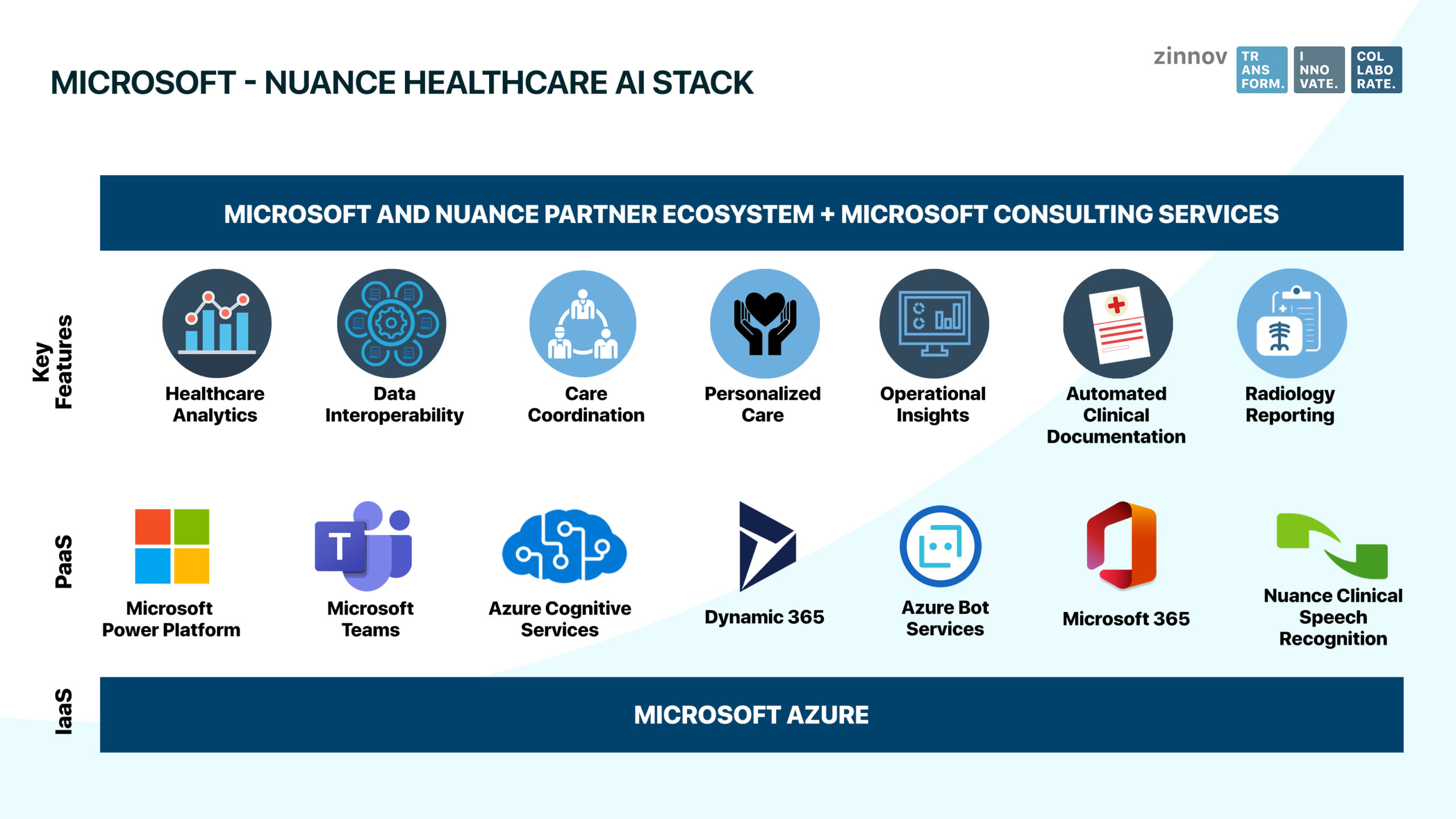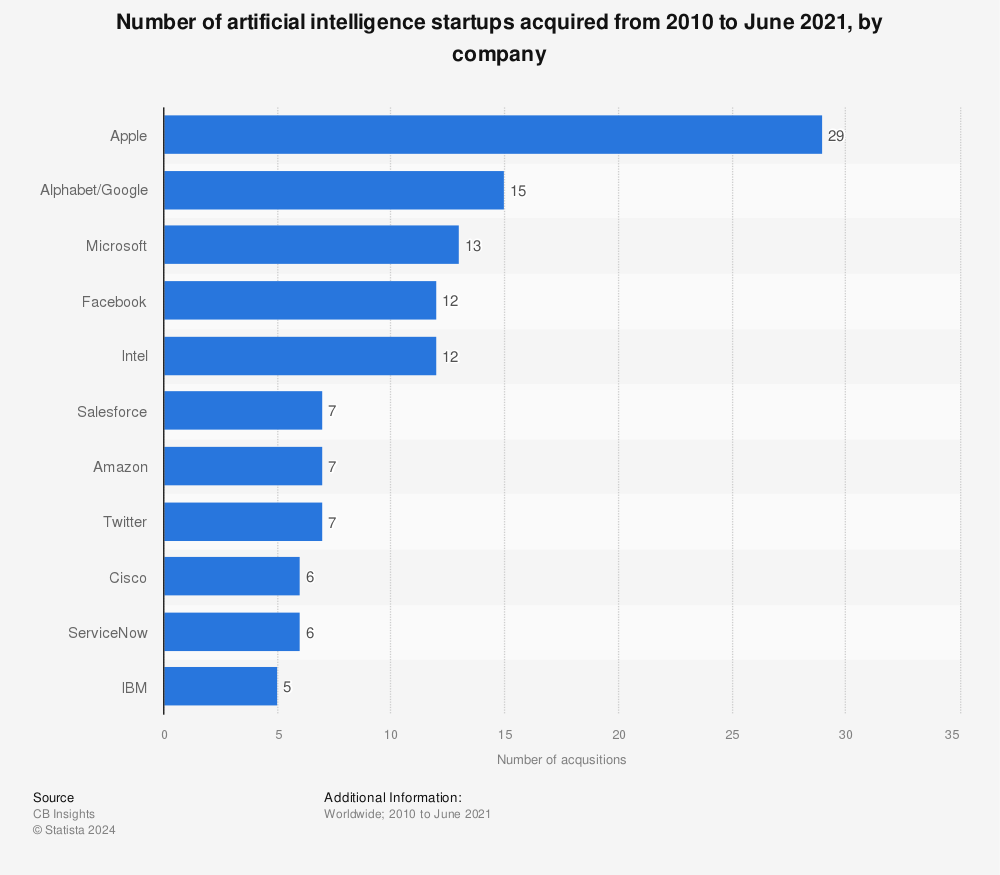
Big Tech’s New Play: Swallowing Up AI Talent Without Acquiring Startups
The race to stay ahead in artificial intelligence has led to a new trend in the tech industry: big companies are poaching the talent and products of innovative AI startups without formally acquiring them. This move has raised concerns among U.S. Senators, who are calling for an investigation into the practice.
A recent deal between Amazon and San Francisco-based Adept has sparked controversy. The deal will see Adept’s CEO and key employees joining Amazon, with the e-commerce giant gaining a license to Adept’s AI systems and datasets. This is not a formal acquisition, but rather a new approach that allows big tech companies to tap into the talent and resources of AI startups without triggering antitrust scrutiny.
 Image: AI talent acquisition
Image: AI talent acquisition
Senators Ron Wyden, Elizabeth Warren, and Peter Welch are among those calling for action against this practice. They argue that it is an attempt to bypass U.S. laws that protect against monopolies and stifle innovation.
 Image: Senator Ron Wyden
Image: Senator Ron Wyden
“I’m very concerned about the massive consolidation that’s going on in AI,” Wyden said in an interview. “The technical lingo is ‘up and down the stack’. But, in plain English, a few companies control a major portion of the market, and just concentrate – rather than on innovation – trying to buy out everybody else’s talent.”
This trend is not limited to Amazon. Microsoft has also been accused of using this tactic to acquire talent from AI startups. In March, Microsoft hired the co-founder and CEO of AI company Inflection, along with several of its top engineers and researchers.
 Image: Microsoft’s AI acquisition
Image: Microsoft’s AI acquisition
Experts argue that this approach is a new twist on the traditional “acqui-hire” strategy, where one company acquires another to absorb its talent. However, this new approach is more subtle, allowing big tech companies to tap into the resources of AI startups without formally acquiring them.
 Image: AI startup acquisitions
Image: AI startup acquisitions
The implications of this trend are far-reaching. Small AI startups may find it difficult to compete with big tech companies, who have the resources and talent to dominate the market. This could stifle innovation and lead to a lack of diversity in the AI industry.
 Image: AI innovation
Image: AI innovation
The U.S. government is starting to take notice of this trend. Lawmakers from both parties have championed stronger oversight of the tech industry, and antitrust enforcers are planning to investigate the roles of Microsoft, Nvidia, and OpenAI in the AI boom.
 Image: Government oversight
Image: Government oversight
As the tech industry continues to evolve, it’s clear that this trend will have significant implications for the future of AI. One thing is certain: big tech companies will stop at nothing to stay ahead in the race for AI dominance.
 Image: AI dominance
Image: AI dominance















